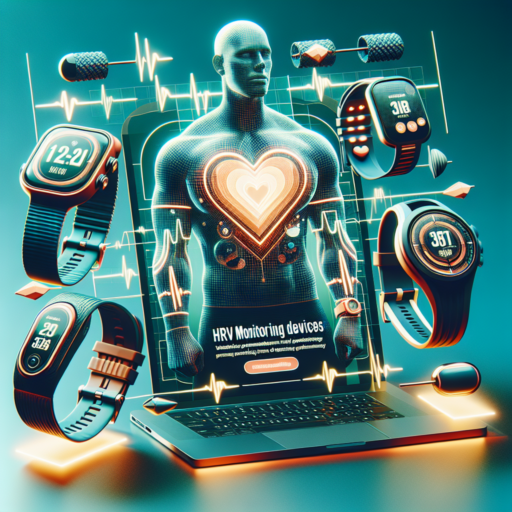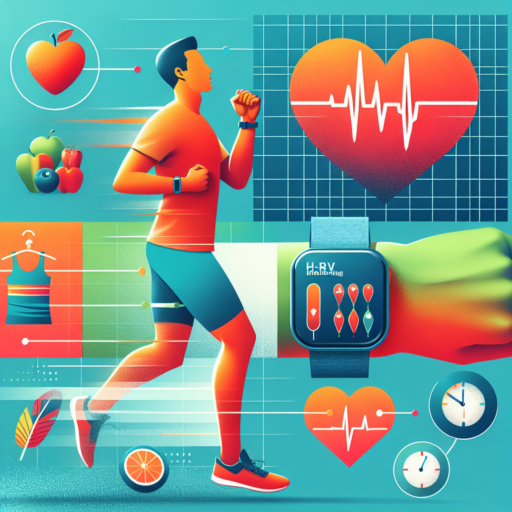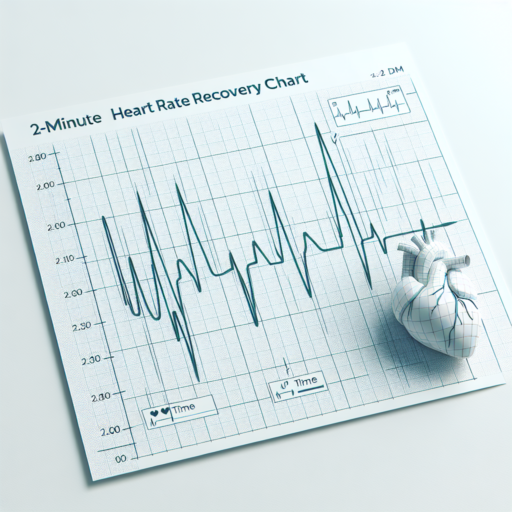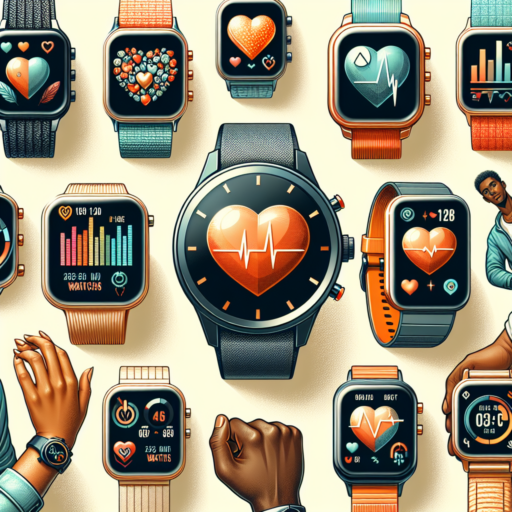What is the best device to measure HRV?
When delving into the best devices for measuring Heart Rate Variability (HRV), it’s imperative to consider accuracy, usability, and additional health monitoring features. HRV has emerged as a critical metric for assessing the balance between the sympathetic and parasyctic nervous systems, offering insights into recovery, stress, and overall cardiovascular health.
Smartwatches and fitness trackers stand out for their convenience and continuous HRV tracking capabilities. Devices from giants like Garmin, Apple, and Fitbit have integrated HRV measuring functionalities in recent models, enabling users to glean insights about their stress levels and recovery needs spontaneously throughout the day. It’s worth noting that Garmin Forerunner series and Apple Watch are highly regarded for their precision in HRV data, owing to advanced sensor technology.
Chest strap monitors, though less convenient than wrist-worn devices, are often praised for their exceptional accuracy. Products like the Polar H10 heart rate monitor are frequently used by athletes and professionals who require high precision in HRV measurements to tailor training and recovery protocols effectively. The direct contact with the skin and reduced motion artifacts make chest straps superior in capturing the minute fluctuations in heart rate necessary for an accurate HRV analysis.
In considering the best device for HRV measurement, it’s essential to align the choice with personal needs, lifestyle, and the level of detail required from the data. Whether it’s the all-day wearability and comprehensive health features of a smartwatch or the pinpoint accuracy of a chest strap, the best device is one that fits seamlessly into the individual’s health regime and helps achieve their wellness objectives.
How can I monitor my HRV?
Monitoring your Heart Rate Variability (HRV) presents a window into your body’s autonomic nervous system, offering vital insights into your health, well-being, and fitness levels. The technology to track HRV has become increasingly accessible, allowing individuals to keep an eye on their physiological stress and recovery states. Understanding how to monitor your HRV effectively can be critical in optimizing your performance, managing stress, and improving overall health.
Wearable Technology
Wearable devices such as smartwatches and fitness trackers have become popular tools for monitoring HRV. These devices offer the convenience of continuous monitoring without requiring cumbersome equipment. By simply wearing the device, users can receive real-time feedback on their HRV, enabling them to make informed decisions about their training, recovery, and lifestyle adjustments. Brands like Garmin, Apple, and Whoop have incorporated HRV tracking into their devices, making it easier than ever to access this valuable health metric.
Smartphone Apps
In the digital era, your smartphone is a powerful tool that can help track your HRV. Various apps have been developed to work alongside external heart rate monitors or even just with the phone’s built-in sensors. Apps like Elite HRV and HRV4Training allow users to measure their HRV each morning, providing insights into their autonomic nervous system’s status. Such apps often come with analytical tools to interpret the data, offering suggestions on how to improve your HRV scores through lifestyle changes or adjustments in your training regimen.
Engaging with either wearable technology or smartphone apps, or even a combination of both, can offer a comprehensive approach to HRV monitoring. The key is to find a method that integrates seamlessly into your daily routine, providing easy and consistent tracking of your HRV. Through regular monitoring, you can learn to listen to your body, identify patterns, and make necessary adjustments to enhance your health and performance.
No se han encontrado productos.
What are the wearable devices for HRV?
Understanding Heart Rate Variability (HRV) has become a critical aspect of personal health monitoring, leading to an increase in the demand for wearable devices capable of providing accurate HRV measurements. These devices not only offer insights into one’s general wellness and stress levels but also help in enhancing athletic performance by monitoring recovery times and physical preparedness.
The market is currently flourishing with a variety of wearable devices designed specifically for HRV monitoring. Leading the pack are smartwatches and fitness trackers, which combine the convenience of having a watch with the advanced technology needed to track HRV. Brands like Apple, Fitbit, and Garmin offer models that seamlessly integrate HRV tracking into their suite of health monitoring features, making it easier for users to get comprehensive insights about their health on their wrist.
Additionally, dedicated HRV sensors have also gained popularity among users looking for more precise and focused health metrics. These typically come in the form of chest straps or even finger sensors, providing more accurate readings by closely monitoring heartbeats and calculating HRV scores accordingly. Products from Polar and Whoop stand out in this category, catering to the needs of athletes and health enthusiasts who demand a higher degree of accuracy and detail in their health metrics.
Which smart watches monitor HRV?
Understanding your body’s health and wellness is easier now more than ever with the advent of wearable technology. One key metric that has gained attention is Heart Rate Variability (HRV), a critical indicator of stress, recovery, and overall cardiovascular health. Several smartwatches have incorporated HRV monitoring into their suite of health features, enabling users to gain deeper insights into their physical well-being.
Leading the way in this technology, brands like Garmin, Apple, and Fitbit have developed smartwatches that not only track steps and calories but also provide advanced HRV measurements. These devices use sophisticated sensors and algorithms to measure the time variation between heartbeats, offering users a comprehensive view of their heart health. The Garmin Fenix series, in particular, is known for its precise HRV tracking capabilities, catering to fitness enthusiasts who wish to monitor their stress and recovery levels closely.
Furthermore, the Apple Watch Series has made significant strides in making HRV data accessible and understandable to the everyday user. With its intuitive interface, the Apple Watch measures and records HRV scores, integrating them into a broader health overview that includes activity levels, sleep quality, and even meditation progress. Meanwhile, Fitbit’s offerings expertly balance functionality and affordability, providing HRV insights alongside its well-known sleep and activity tracking features.




